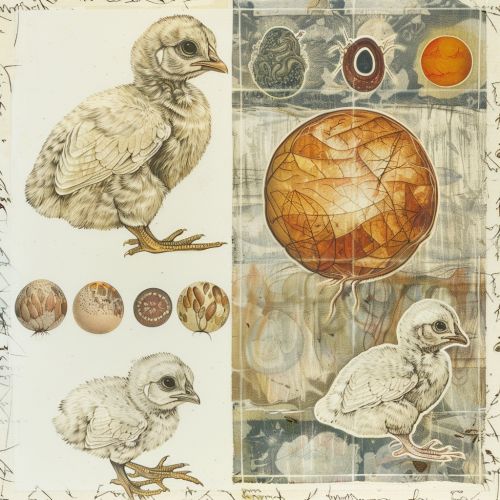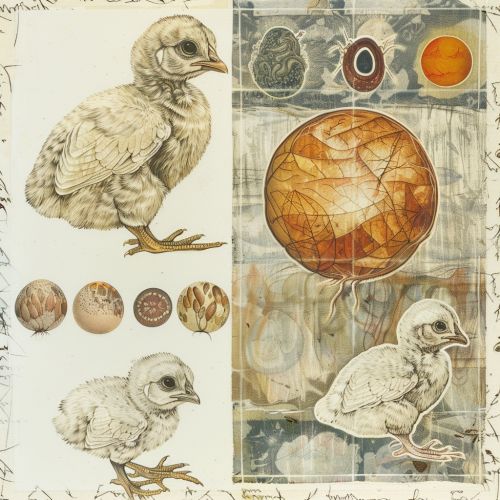Caspar Friedrich Wolff
Early Life and Education
Caspar Friedrich Wolff was born on January 18, 1734, in Berlin, Prussia. He was the son of Johann Wolff, a master tailor, and Anna Maria Wolff. Despite his humble beginnings, Wolff displayed a keen interest in the natural sciences from an early age. He pursued his education at the University of Halle, where he studied under the guidance of Johann Friedrich Meckel, a prominent anatomist. Wolff's academic journey was marked by his profound curiosity and dedication to understanding the complexities of biological development.
Contributions to Embryology
Wolff is best known for his pioneering work in the field of embryology, the branch of biology that studies the formation and development of embryos. His seminal work, "Theoria Generationis" (1759), laid the foundation for modern embryology. In this treatise, Wolff challenged the prevailing preformationism theory, which posited that organisms develop from miniature versions of themselves. Instead, he proposed the concept of epigenesis, suggesting that organisms develop from undifferentiated masses through a series of progressive changes.
Theoria Generationis
In "Theoria Generationis," Wolff meticulously described the development of the chick embryo, providing detailed observations and illustrations. He demonstrated that the embryo forms through the gradual differentiation of initially undifferentiated cells. This was a radical departure from the preformationist view and sparked significant debate within the scientific community. Wolff's work emphasized the importance of empirical observation and experimentation in understanding biological processes.


Wolffian Duct
One of Wolff's most notable discoveries was the identification of the Wolffian duct, also known as the mesonephric duct. This structure plays a crucial role in the development of the urinary and reproductive systems in vertebrates. Wolff's identification of this duct provided critical insights into the embryonic development of these systems and laid the groundwork for future research in developmental biology.
Later Work and Legacy
After completing his studies in Halle, Wolff moved to St. Petersburg, where he joined the Imperial Academy of Sciences. During his time in Russia, he continued his research on embryology and made significant contributions to the understanding of plant development. His work on the development of plant organs further demonstrated his commitment to the principles of epigenesis.
Wolff's ideas were initially met with resistance, but over time, his contributions gained recognition and respect. His work influenced subsequent generations of scientists, including Karl Ernst von Baer, who is often regarded as the father of modern embryology. Von Baer's discovery of the mammalian ovum and his formulation of the laws of embryology were built upon the foundation laid by Wolff.
Impact on Modern Biology
Wolff's contributions to embryology and developmental biology have had a lasting impact on the field. His emphasis on empirical observation and the concept of epigenesis paved the way for the modern understanding of cell differentiation and organogenesis. Wolff's work also highlighted the importance of studying embryonic development to gain insights into the fundamental processes of life.
See Also
References
- Wolff, C. F. (1759). Theoria Generationis.
- Oppenheimer, J. M. (1967). Essays in the History of Embryology and Biology. MIT Press.
- Roe, S. A. (1981). Matter, Life, and Generation: Eighteenth-Century Embryology and the Haller-Wolff Debate. Cambridge University Press.
